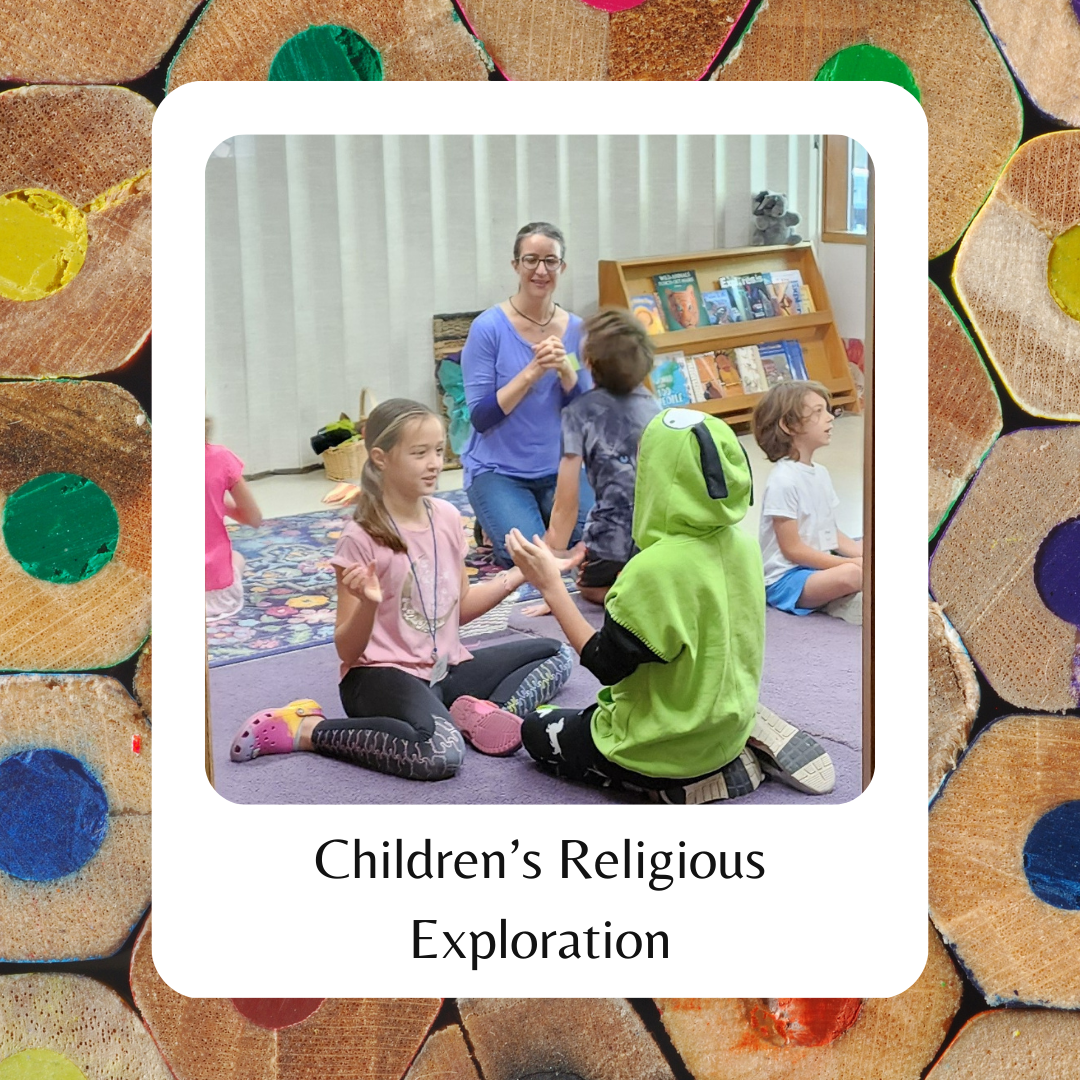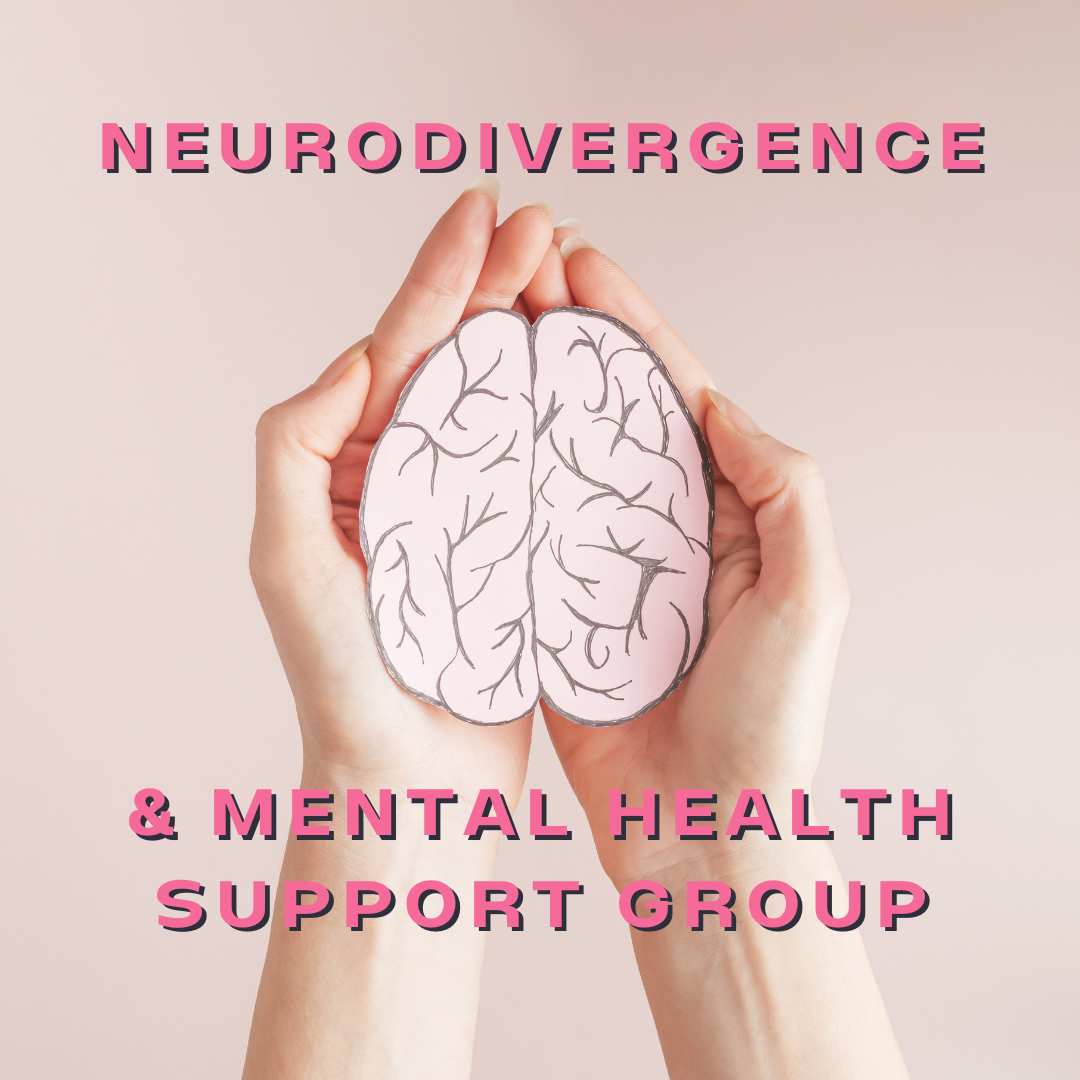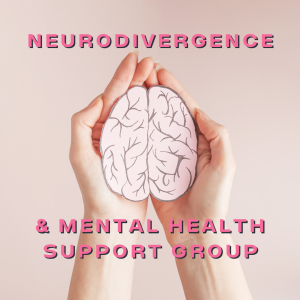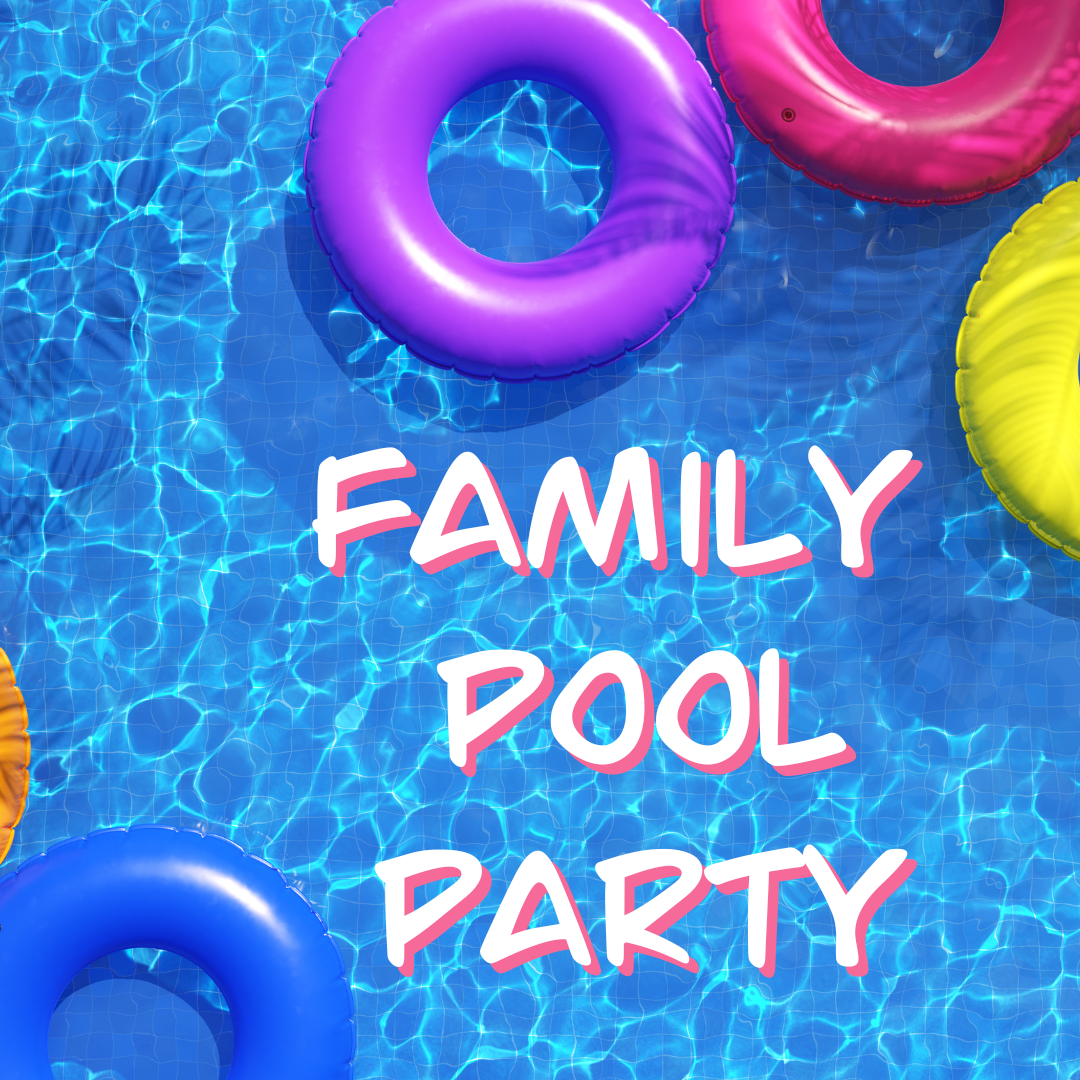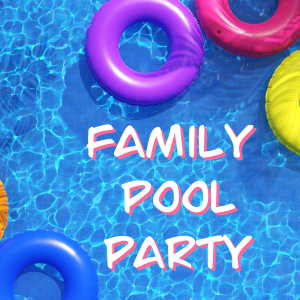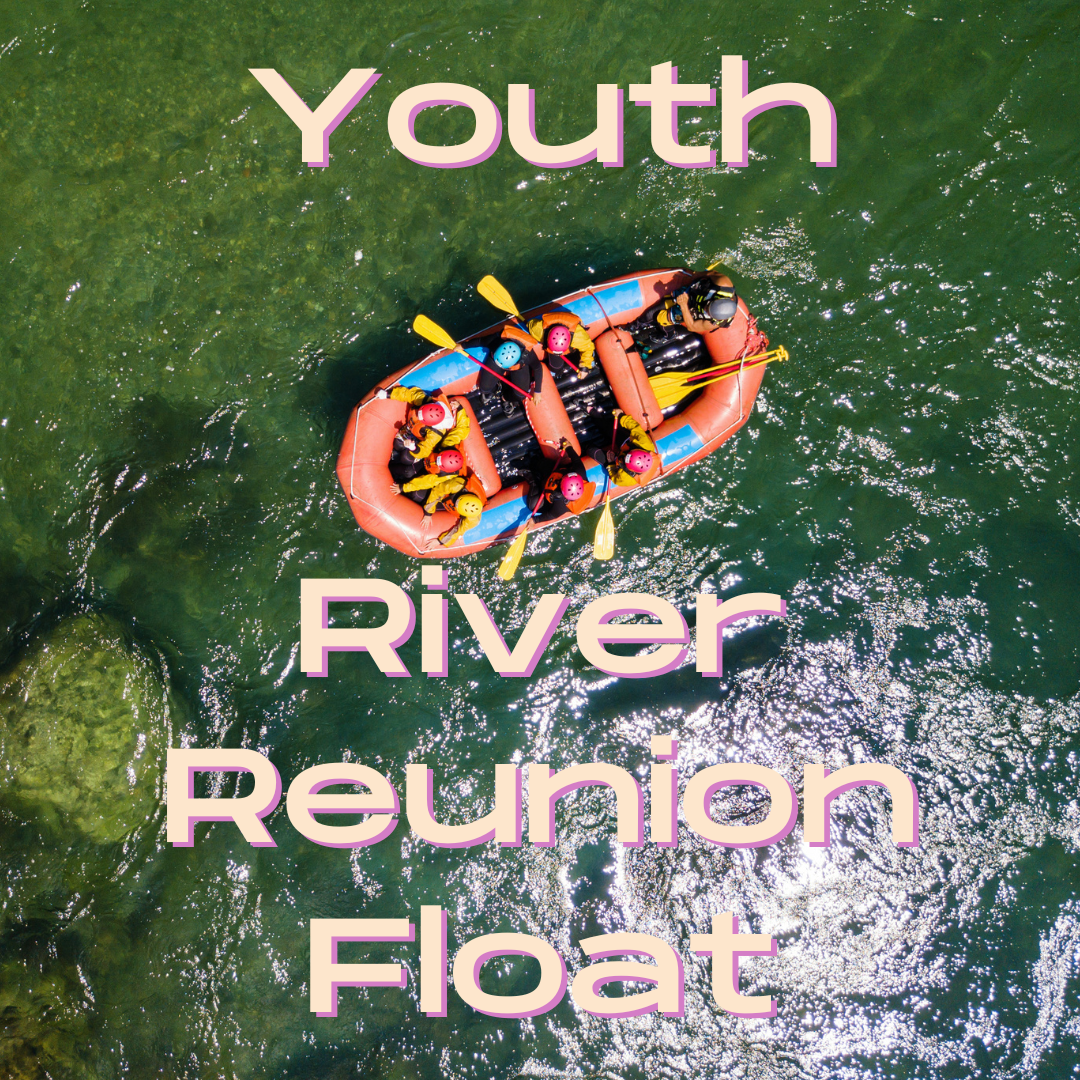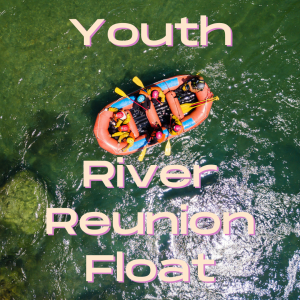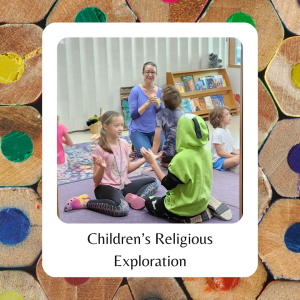
Sunday morning Religious Exploration for children and youth is off to a great start this year. Have a look at what they’ve been up to so you’ll have an easier time striking up an intergenerational conversation in the social hall. Every adult in the building has a part to play in the religious education of our children, making them feel seen and valued, so take the time to meet them and let them know you!
This past Sunday, the Chalice Children toured the building and got to look behind every locked door and dig around in every closet. Ginny Gibson showed them all the cool things in the kitchen, Scott Bruslind showed them Jill’s stole collection and then walked them through the service to see if she was really wearing one (she was!) and then they got to pick out a book to read together from the library. If you see a preschool-aged kiddo in the social hall, ask them what their favorite space in the Fellowship is and tell them yours.
The Spirit Play kiddos learned a hand jive to help them remember that Love is at the center of all of our values, and made jetpacks out of silver-painted cereal boxes to start trying to remember the JETPIG values acronym. With the power of rhymes and perhaps a bit of chocolate bribery, we hope that all of the Spirit Play kids will be able to list the 6 values by heart by the end of the year. Can you list them yet? Consider inviting one of the kids into a contest to see which of you can list the most Article 2 values from memory, or share with them why you think Love is at the center.
The YRUU youth hosted Mate, all the way from our partner congregation in Transilvania! They discussed what justice really means, why it made the cut for our new set of highest shared values, and laid the groundwork for starting the Harvard Justice course next Sunday. When I popped in to snap a picture with our guest, they were discussing the challenges of having a death penalty in the context of our very fallible legal system. Next week they’ll be encountering the trolley dilemma and the moral theory of utilitarianism. Do you think the rightness of every action is determined by its consequences? Share your views with the middle and high schoolers on the deck after the service, and ask to hear theirs!


